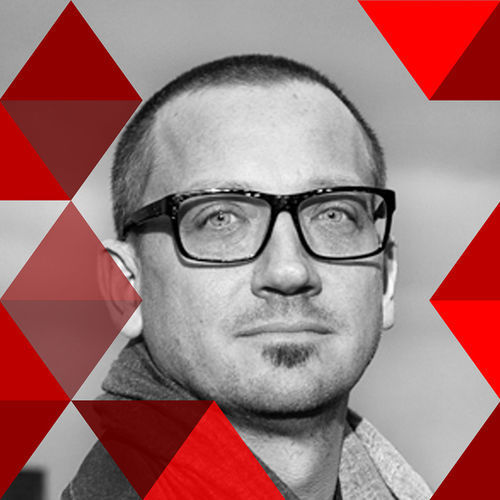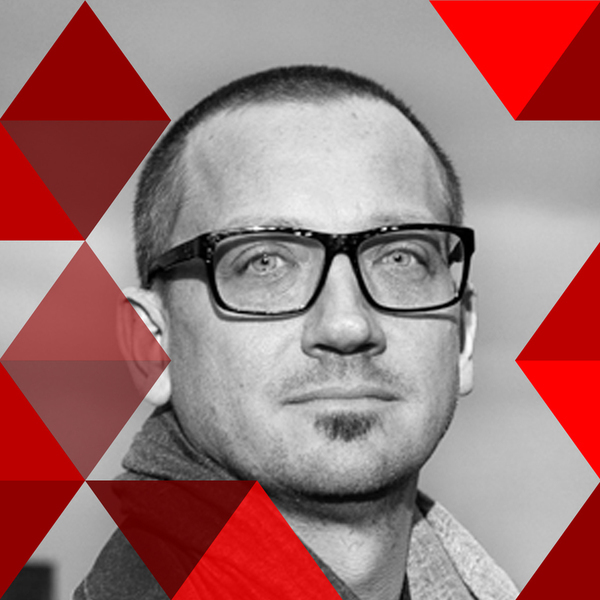Giving shape to the process and the financing is just as important as the design itself. I strongly believe that design can act as an agent for social renewal, and lead to strategies that contribute to a circular and inclusive economy. Circular in the sense of transforming energy, water, waste and material cycles into closed cycles. Inclusive in the sense of creating implementation trajectories that empower people who are otherwise removed from the labour market.
Author: Duzan Doepel
In my presentation at the WdKA symposium 'Redesigning Business'(Rotterdam, November 20 2014) I explained the working methods, struggles and solutions of circular and inclusive economy, for example through the futuristic design for the 'Biobased Retrofit House'.
Duzan Doepel is co-founder of DOEPEL STRIJKERS, an architecture firm that bridges the gap between art and science with intelligent design and strategic interventions. Driven by a fascination for aesthetics with substance, the office generates architectural works which transcend the spatial by creating social, ecological and economic value. He is also a research professor (lector) of Sustainable Architecture and Urban (Re-)Design at the University of Applied Sciences in Rotterdam, and a staff member of the research centre RDM.
Links
Recent articles
Last modified at 16 December 2020 10:08:17 by User:Katja
→ show all articles
CONTRIBUTE
Feel free to contribute to Beyond Social.
There are four ways to contribute:
Create a new article. Beyond Social is written and edited by its community. Contribute to this online publishing platform with an article (text, photo-essay, video, audio and so on) about your project, theory, event or initiative in the field of Social Art & Design.
Edit this page, or any of the other ones. If there is any missing information or spelling mistakes in this article, please don't hesitate to change it. Other complementing work, such as including media files (images/video's/audio) is also very much appreciated.
Talk with the contributers and others by taking part in one of the discussions on the TALK-page of an article. These pages are the semi-hidden backside of articles, hence ideal for discussions about an article without changing the initial text.
PROPOSE a new editorial. Beyond Social invites guest editor(s) to emphasize a certain issue, topic or theme. Guest editors write an editorial, invite others to create articles by an open call and/or add existing articles.
Author: Duzan Doepel
Giving shape to the process and the financing is just as important as the design itself. I strongly believe that design can act as an agent for social renewal, and lead to strategies that contribute to a circular and inclusive economy. Circular in the sense of transforming energy, water, waste and material cycles into closed cycles. Inclusive in the sense of creating implementation trajectories that empower people who are otherwise removed from the labour market. In my presentation at the WdKA symposium 'Redesigning Business'(Rotterdam, November 20 2014) I explained the working methods, struggles and solutions of circular and inclusive economy, for example through the futuristic design for the 'Biobased Retrofit House'.
<iframe src="http://player.vimeo.com/video/116853124" width="500" height="281" frameborder="0" webkitallowfullscreen mozallowfullscreen allowfullscreen></iframe>

Duzan Doepel is co-founder of DOEPEL STRIJKERS, an architecture firm that bridges the gap between art and science with intelligent design and strategic interventions. Driven by a fascination for aesthetics with substance, the office generates architectural works which transcend the spatial by creating social, ecological and economic value. He is also a research professor (lector) of Sustainable Architecture and Urban (Re-)Design at the University of Applied Sciences in Rotterdam, and a staff member of the research centre RDM.










